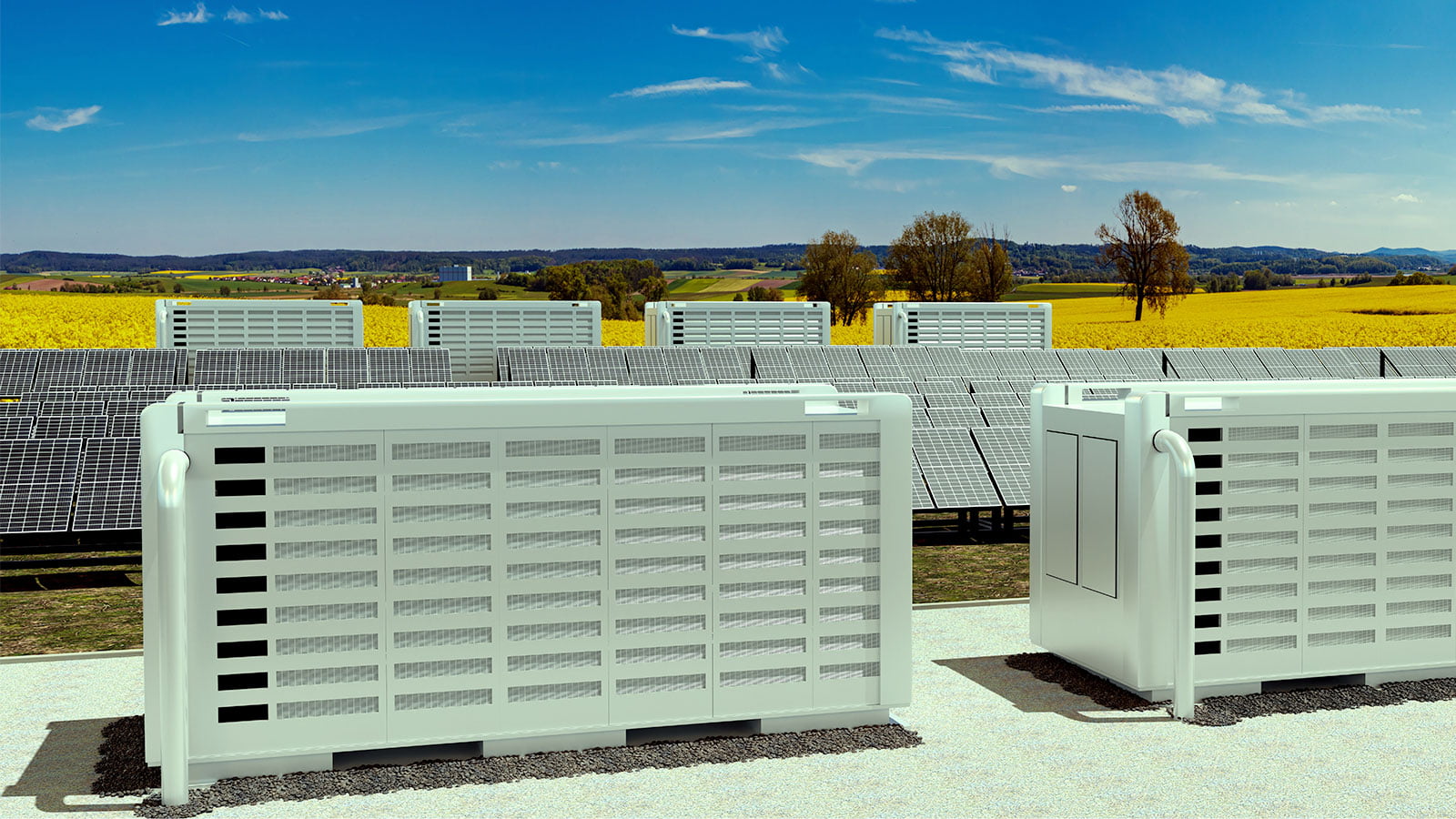Carlos Nieto, Global Product Line Manager, Energy Storage at ABB explains why battery energy storage is one tool every industrial and commercial operator should have in their armoury in the ‘year of ROI’.
As the world braces itself for a looming recession, 2023 will continue to see major announcements and innovation making way for the ‘year of ROI’ as business leaders and stakeholders demand to see a return on every investment.
With this, the latest generation of digitally-enabled battery energy storage systems (battery energy storage system) offers an even more compelling proposition – enabling operators to go beyond simple self-generation and provide the intelligence needed to maximise power utilisation, ensure asset optimisation and build resilience.
Against the global backdrop of energy insecurity, recession, and the unstable geopolitical climate, industry is under increasing pressure. That is why building resilience to survive, and ideally thrive, will be key.
The most obvious approach is to cut costs and increase efficiency. With this, the simplest solution may appear to delay decarbonisation – in fact, according to the ABB 2023 Energy Insights Report, 58% of business leaders surveyed said the cost of energy will delay them achieving their sustainability and carbon-neutral plans. This may be because the impact of sustainable investment can often appear intangible, the perception being that putting it on hold might not make a difference in the long run. The truth, however, could not be more different.
Across the world, soaring energy prices continue to pose a real threat to manufacturers, industrial plants and other large scale operators. This is seen as many choose to reduce hours of operation, avoid production during peak periods or consider shutdowns to safeguard businesses from the fluctuating cost of energy. In fact, nearly every business leader (92%) surveyed by ABB said rising energy costs are a threat to their profitability and competitiveness. A further four out of five (83%) were concerned about their energy security.
As such, improving industrial energy efficiency is no longer a sustainability imperative but an operationally critical one. Far from delaying dercarbonisation plans, operators should use the impetus of today’s economic climate to accelerate sustainable investments which will reduce energy costs and emissions, secure energy security and future proof – in the ultimate Return on Investment (ROI).
Renewable’s enabler
Understandably, the first thing that operators will turn to will be renewables such as solar and wind, which offer a clean, abundant, and cheap alternative to traditional and expensive energy sources. However, it’s important not to overlook an equally vital piece of the renewable puzzle – battery energy storage systems (battery energy storage system) – and there is a very simple reason why.
While weather-dependent wind and solar energy sources may offer vast self-generation potential, they are very difficult to predict, and the amount generated can vary dramatically day-to-day. This can add a new layer of complexity for energy-intensive operations which require a round-the-clock, uninterrupted power supply.
Through integrating a robust battery energy storage system, operators can compensate for the intermittency of these sources to not only enable a reliable supply of energy and seamless renewable integration but to also maximise their revenue.
Put simply, using a battery energy storage system enables operators to store excess energy and redeploy it when the sun isn’t shining or the wind isn’t blowing, to ensure as much self-generation is used on-site as possible without the need for grid ‘top-ups’. But more than this, used strategically, it can also help operators retain control of their energy supplies and prices. This is because a battery energy storage system can be configured to charge when energy is cheap and discharge when prices are at their highest to save on additional grid fees and energy costs. Other great benefits are reactive power compensation, peak shaving and shifting, and critical backup power.
When partnered with an energy management system (EMS), the data and analytics afforded by a battery energy storage system can provide the insights needed to better match energy demand to requirements and improve overall efficiency. Crucially, for large scale operators, this can build a new layer of resilience through better foresight as they plan for the future. But there’s more.
Next-generation battery energy storage system
Applying AI takes battery energy storage systems to a completely new level of smart operation.
Inherently, battery energy storage system operations can be complex – requiring round-the-clock monitoring of everything from supply and demand rates, weather conditions and seasonality. In addition, the need to make decisions about when to charge and discharge the battery energy storage system in real-time can be a huge ask for busy operators.
By introducing new AI technology, it’s now possible to achieve all of this in real-time for a much more effective and efficient energy storage operation.
The result is radical new potential for energy and asset optimisation. Through predictive analytics, operators can save and distribute self-generated resources more effectively and better prepare for upcoming demand. It can also ensure ‘business as usual’ by allowing users to identify and address issues before they escalate and anticipate similar failures or performance constraints.
Greater intelligence is incorporated throughout the system, which allows visibility into everything from the resting state of charge to the depth of discharge and how these factors can degrade the battery over time. This makes it easier to predict wear and tear, increases overall lifespan and ultimately the return on the investment for the end user.
Real ROI
Though it may represent a sizeable upfront cost, with the huge financial and operational gains to be had in terms of vastly reduced energy costs and grid fees, maximisation of self-generation, energy security and the assurance of critical power supply, it is easy to see why the business case for next generation battery energy storage system has never been stronger.
Clearly, in an age where operators must evolve to become smarter, more efficient and more sustainable, it’s an investment where the returns to be had are simply too great to overlook.


